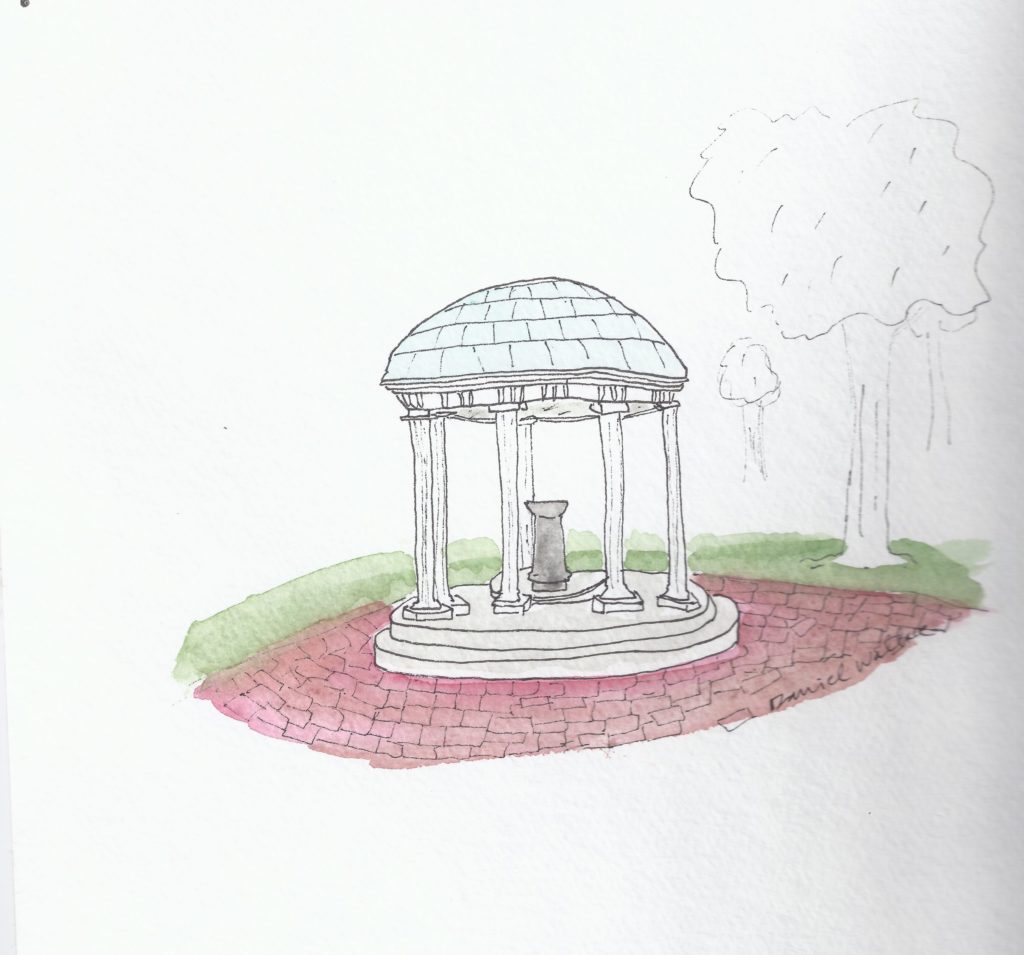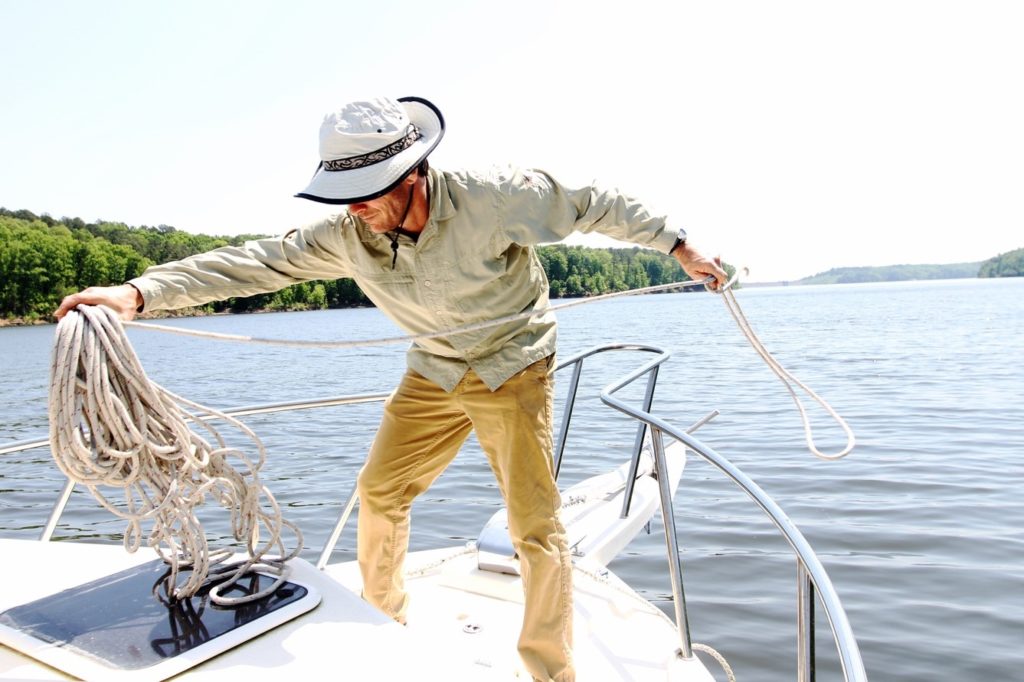A new rapid DNA-based test for water quality developed and patented by a University of North Carolina at Chapel Hill marine scientist is being used by the city of Racine, Wis., to test Great Lakes water samples this beach season.
The test created by Rachel Noble, professor at the UNC Institute of Marine Sciences in Morehead City, dramatically reduces the time needed to detect E. coli in water samples. In the past, using a culture method, water sample testing took between 18 and 24 hours, which meant the decision to close a beach one day was based on a water sample taken the previous day.
The DNA-based test produces results by 10 a.m. from water samples collected between 7 a.m. and 8 a.m., which “allows for same-day recreational water management decisions,” said Julie Kinzelman, director of the City of Racine Health Department Laboratory. “Those decisions protect public health and safety. Beach managers need quick and reliable methods for determining water quality conditions. The use of rapid laboratory methods or predictive models is one means of doing that.”




